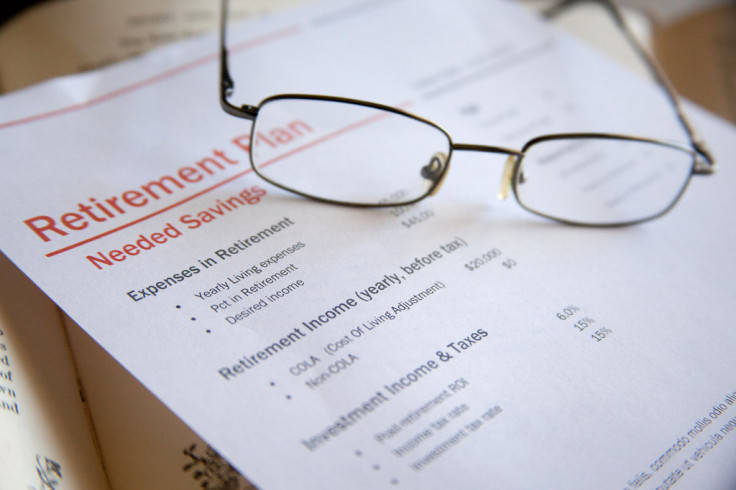
Black and Hispanic Americans tend on average to contribute less to their retirement accounts and be more likely to take out loans against the balance they do have, a study by Morningstar suggests.
The study looks at how the Saver's Match, a free money program for retirement, helps at mitigating race and gender disparities in 401(k) outcomes. The report looked at nine 401(k) sponsors' administrative data from the recordkeeper and was merged with human resources data from the plan sponsor to provide information on race and gender.
The authors conclude that racial and gender disparities in retirement savings persists, even after controlling for factors like age, salary and job tenure.
According to Morningstar, Black and Hispanic women contribute a lower percentage of their salaries to retirement accounts compared with their white counterparts, even after adjusting for difference in salary.
Similarly, when it comes to pre retirement withdrawals, Black and Hispanic workers are more likely to tap into their retirement savings before reaching retirement age compared with white workers.
Black Americans are also more likely to have outstanding loans against their 401(k) balances, reducing the amount available for long-term growth.
These factors create a compounding effect, leading to significantly lower retirement savings for Black and Hispanic workers, especially women, according to Morningstar. In other words, lower salaries, combined with lower levels of intergenerational wealth, means that some of these minorities tend to have less discretionary income. So spending on necessities leaves little for retirement plans.
These observations are significant moving forward, the study argues. Linking employee demographic information to DC-recordkeeping data could lead to better understanding of how plan design and participant behavior causes disparate conclusions, noted Jack VanDerhei, director of Retirement Studies at Morningstar.
"Now we're able to look at these really important disparities, and not just how large they are or what's causing them, but most importantly, what we can do in the future to mitigate some of those," he said.
The Saver's Match, which will kick in starting in 2027, will offer a 50% match on up to $2,000 of retirement savings contributions for Americans making less than $71,000 per year. It's projected to increase to address some of these disparities. For Black women at age 65, retirement funds are expected to increase by 9% even assuming no increase at all in contributions.
Other groups will also benefit, but none by as much, according to Axios. White women, for instance, see their balance rise by 5.7% assuming no contribution increase, and by 12.7% assuming they maximize their match.
© 2024 Latin Times. All rights reserved. Do not reproduce without permission.







